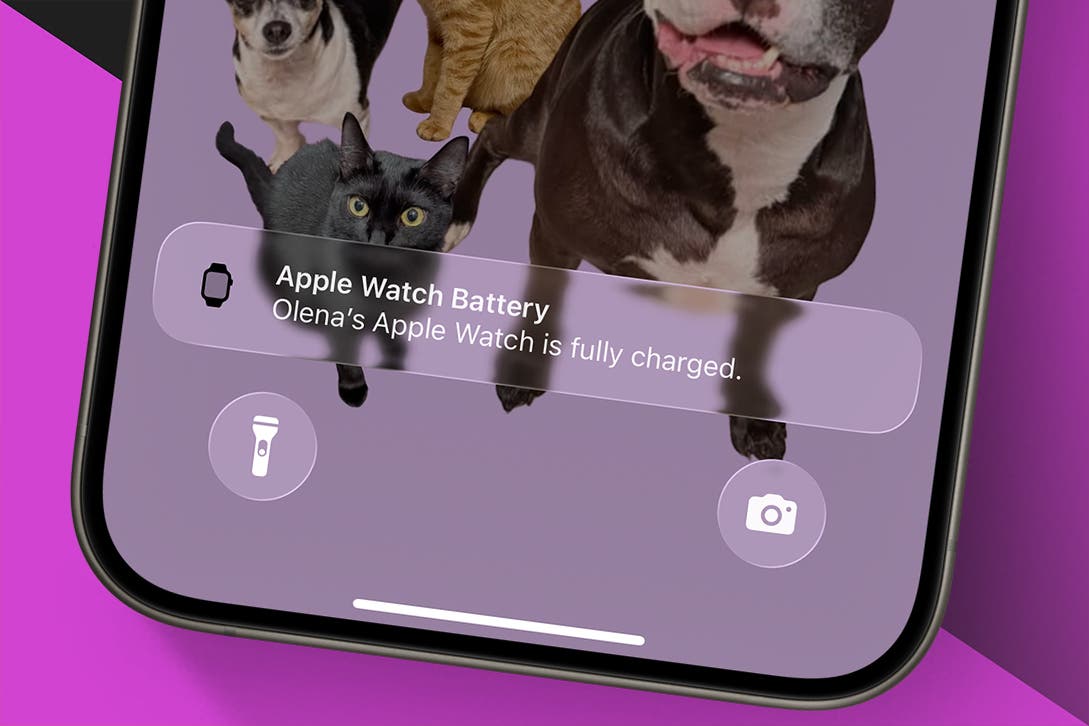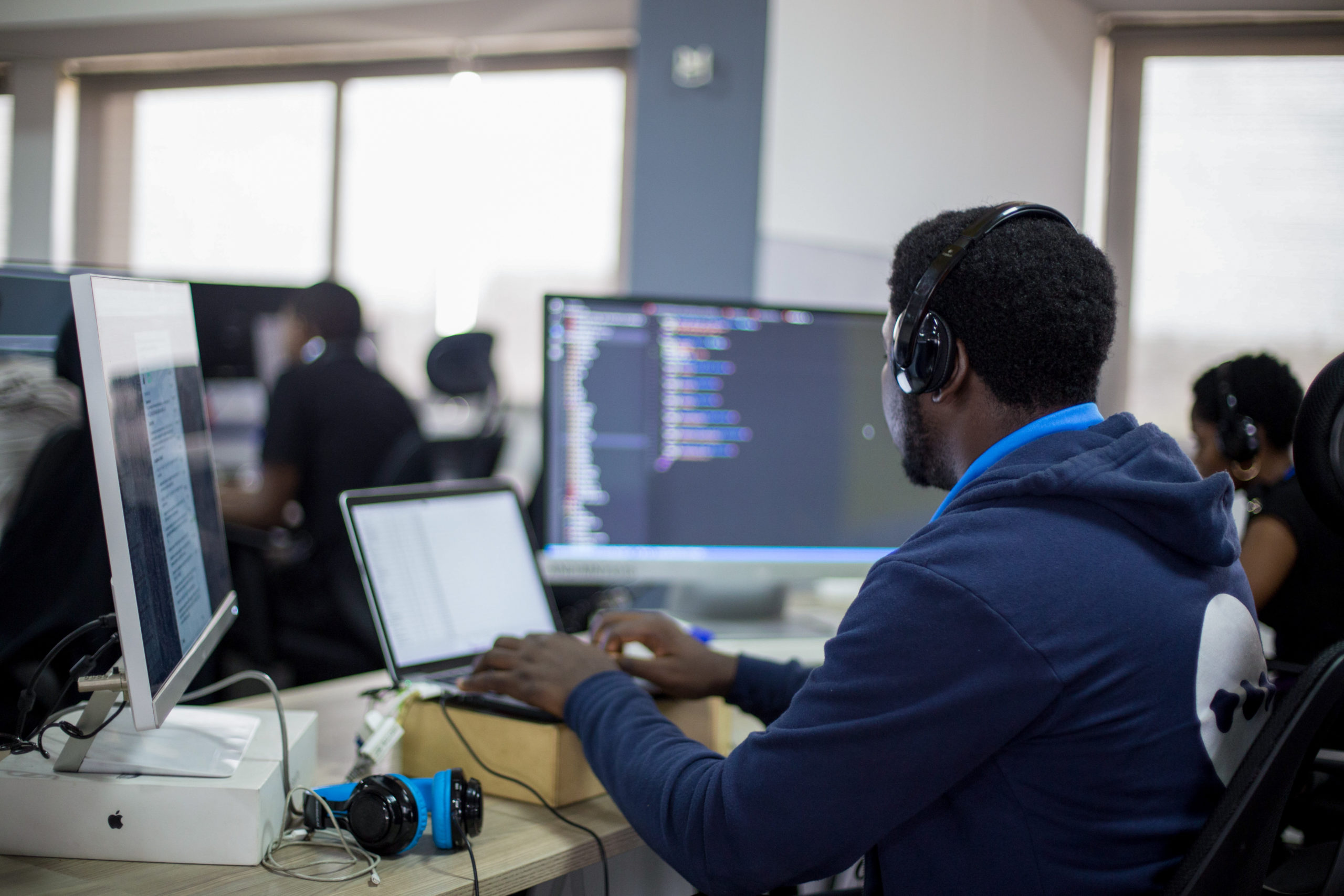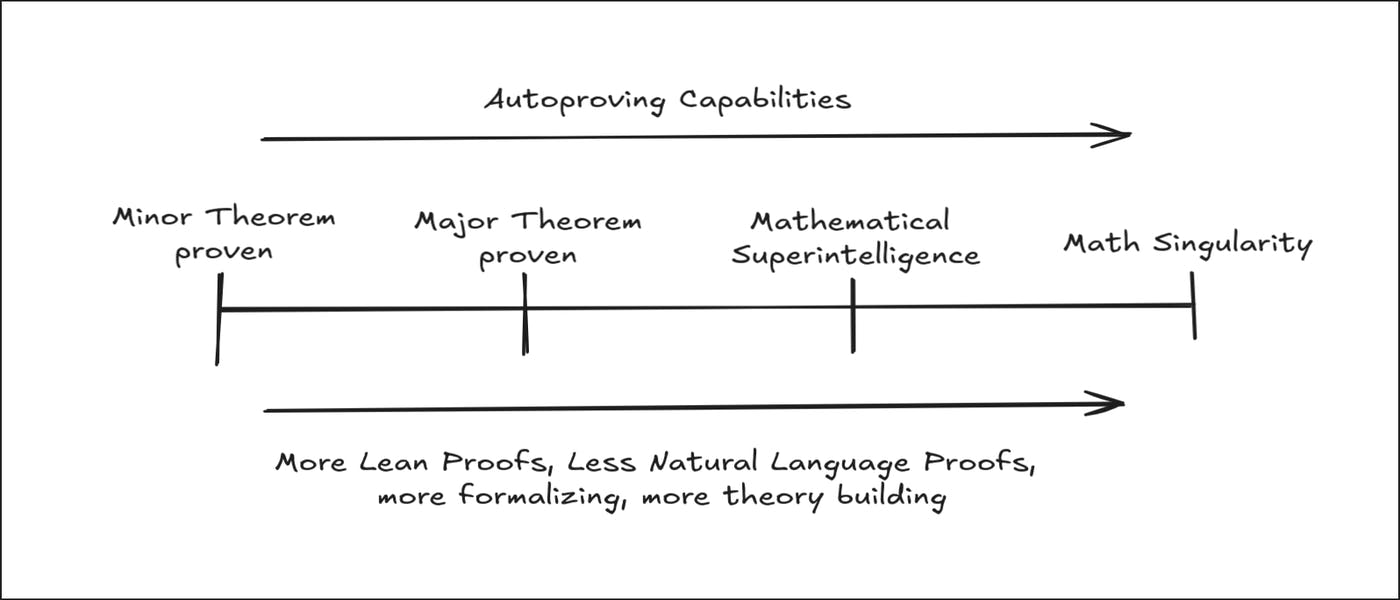Seattle’s Parse Biosciences is teed up for an acquisition by Qiagen, a Netherlands-based holding company, in a $225 million cash deal announced this week.
The transaction is expected to close in December.
Parse was co-founded in 2018 by Alex Rosenberg, who was a University of Washington postdoctoral fellow at the time, and Charles Roco, who was a UW graduate student. The company was an early entrant in the nascent field of single-cell RNA sequencing.
Rosenberg and his colleagues discovered a new way to profile RNAs while working in the lab of UW synthetic biology professor Georg Seelig. The business initially launched as Split Biosciences, later changing its name and growing to 110 employees.
Parse has raised more than $50 million from investors, including a $41.5 million Series B round announced in 2022.
Parse launched its first products in 2021 and currently serves 3,000 customers in more than 40 countries. The company is expected to add about $40 million in sales to Qiagen’s 2026 fiscal year.
Parse stated on its website that it will operate as a Qiagen subsidiary and “will maintain full operations in our Seattle headquarters and all other locations around the world.”
There’s a vast range of research questions that RNA profiling can help answer. Understanding which RNAs are present in a cell gives scientists a read-out of active genes. That helps distinguish different cell types, for instance in a blood sample or a petri dish of stem cells turning into heart cells.
Parse touts the accessibility of its technology, which does not require specialized lab equipment to use.
“As our team joins Qiagen, we want to accelerate that mission and extend the reach of our technology to more customers around the world,” said CEO Rosenberg in a statement, adding that Qiagen’s global infrastructure makes it “an ideal partner for our next stage of growth.”
Qiagen has developed technologies to isolate and analyze DNA, RNA and proteins from sources including blood, tissue and other materials. The company has about 5,700 employees in 35 locations. It serves 500,000 customers globally.
The acquisition is subject to clearance under the U.S. Hart-Scott-Rodino Antitrust Improvements Act and other conditions.











